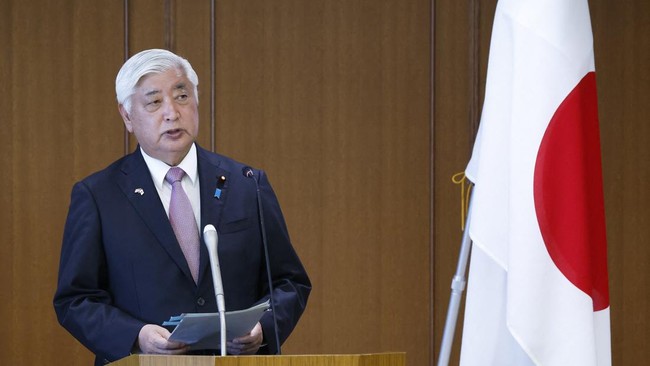Tokyo – Japan has sounded the alarm over what it describes as its most dangerous and complex security environment since the end of World War II. In its annual defense white paper released on July 15, the Ministry of Defense named China, Russia, and North Korea as the country’s top national security threats.
Defense Minister General Nakatani declared that these three nations have increased their military assertiveness across the region, posing unprecedented strategic risks to Japan and global stability.
“The current global security order is under serious threat,” said Nakatani in his foreword. “Japan is fully aware that it is operating in the most dangerous and intricate security environment since the end of World War II.”
China was singled out as the “greatest strategic threat.” The white paper highlighted China’s ongoing military build-up and aggressive maneuvers in disputed areas, including the Senkaku Islands in the East China Sea, which are claimed by both Tokyo and Beijing.
Tensions surrounding Taiwan were also cited, with Japan warning that Chinese military activity in the Taiwan Strait is increasing, potentially destabilizing the broader region. Additionally, China’s expansive actions in the South China Sea were flagged as a major concern, especially given their proximity to Japan’s maritime boundaries.
“China continues to enhance its military capabilities both qualitatively and quantitatively, while expanding its influence and activity throughout the region,” Nakatani noted.
Meanwhile, Japan accused Russia of intensifying its military presence near Japan’s northern territories — islands that Tokyo claims as sovereign but have remained under Russian control since World War II. According to the report, Moscow has deployed new troops, missiles, and combat aircraft in the region.
Japan also raised alarms about North Korea, which continues to develop nuclear weapons in defiance of international sanctions. The white paper warned that Pyongyang’s military advancements now represent a direct and escalating threat to Japanese national security.
“North Korea’s military activity today poses a more direct and dangerous threat to Japan than ever before,” the report stated.
This sharp assessment signals a more assertive posture from Tokyo, which has historically taken a cautious stance on military engagement. As geopolitical tensions rise across the Indo-Pacific, Japan’s defense policy is increasingly shifting from reactive to proactive — with its sights firmly fixed on the triad of adversaries reshaping the regional balance of power.






